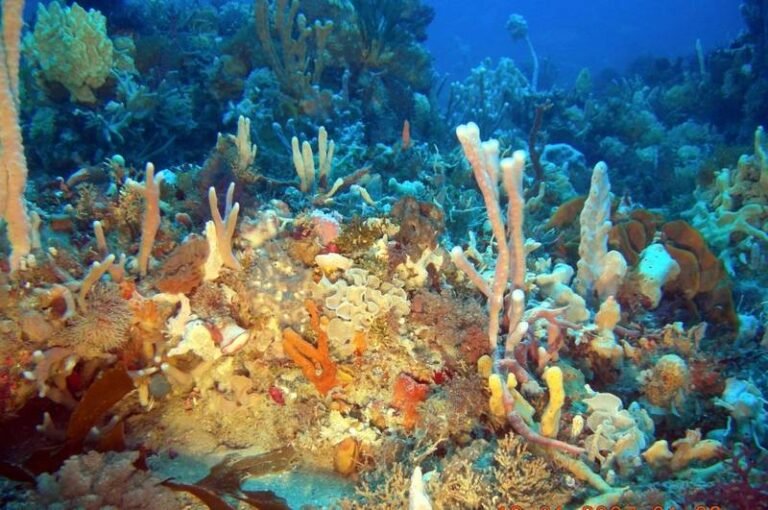Revolutionizing Deep-Sea Ecosystem Restoration: Offshore Biotechnologies Cultivates Marine Sponges
Offshore Biotechnologies, in partnership with SeaGen Aquaculture, has made significant strides in the cultivation of marine sponges to support new methods in offshore seabed restoration and enhancement. The project, based in Victoria, Australia, has successfully cultivated over 100 species of marine sponges, marking a groundbreaking achievement in deep-sea ecosystem conservation.
Deep-Sea Sponge Cultivation
The sponges were collected from 80 meters below the surface, 12 miles offshore in Victoria. A purpose-built system was established to house the cold-water sponges, allowing scientists to rapidly cultivate and seed them onto ‘reef pods’ for the rebuilding of deep-water sponge gardens. This innovative approach aims to restore critical habitats for valuable species such as rock lobsters and support nutrient cycling in deep-sea ecosystems.
Comprehensive Restoration Efforts
Alongside sponge cultivation, Offshore Biotechnologies has deployed 120 tonnes of limestone rubble, eight reefs made from recycled shells, and 64 concrete mats designed to attract marine life. The project aims to enhance marine biodiversity and create sustainable solutions for ocean development without compromising the marine environment or coastal fisheries.
Monitoring and Conservation
Scientists from Deakin University will monitor the reefs using underwater drones to track the recovery of sponge communities and marine biodiversity. The project, sponsored by the Australian Government with a $1.3 million investment, presents an innovative conservation opportunity for Parks Australia.
Future Prospects
The success of the sponge cultivation project signifies a significant step forward in Nature Positive energy developments and decommissioning. By developing innovative restoration methods for deep-sea ecosystems, Offshore Biotechnologies aims to ensure a harmonious coexistence between energy security and marine ecosystems.
As marine heatwaves become more frequent and intense, conservation efforts like this project play a crucial role in understanding and managing the impacts of climate change on marine environments. The cultivation of marine sponges offers a promising solution for enhancing deep-sea biodiversity and ecosystem resilience.

